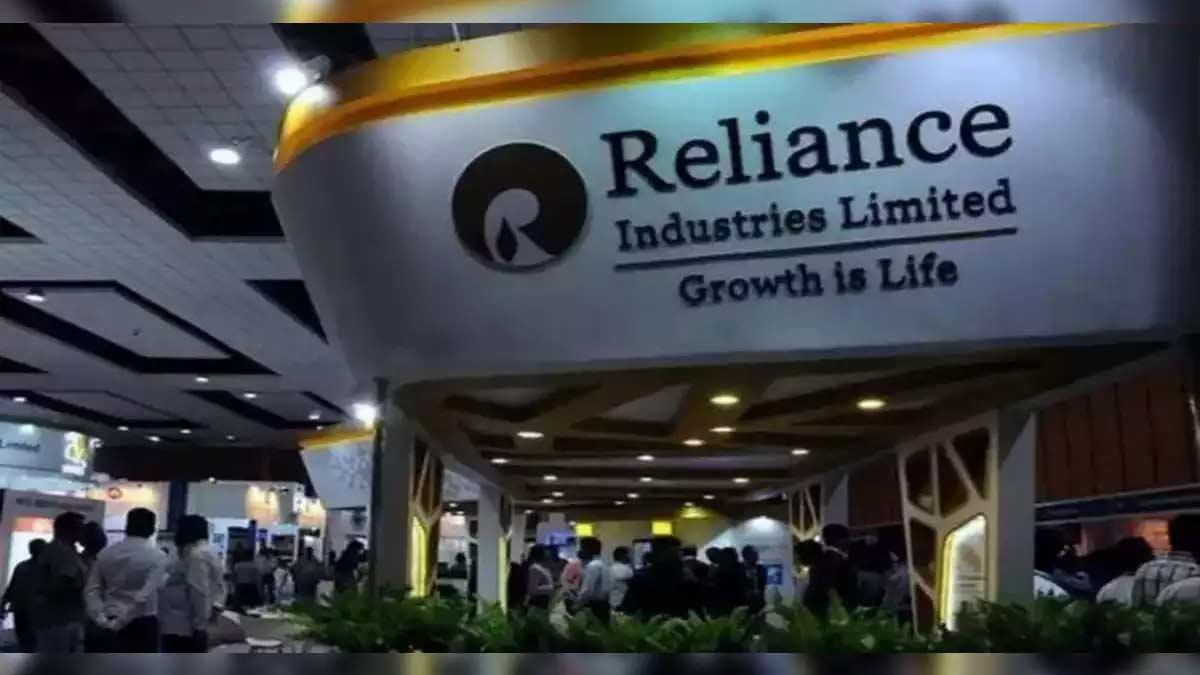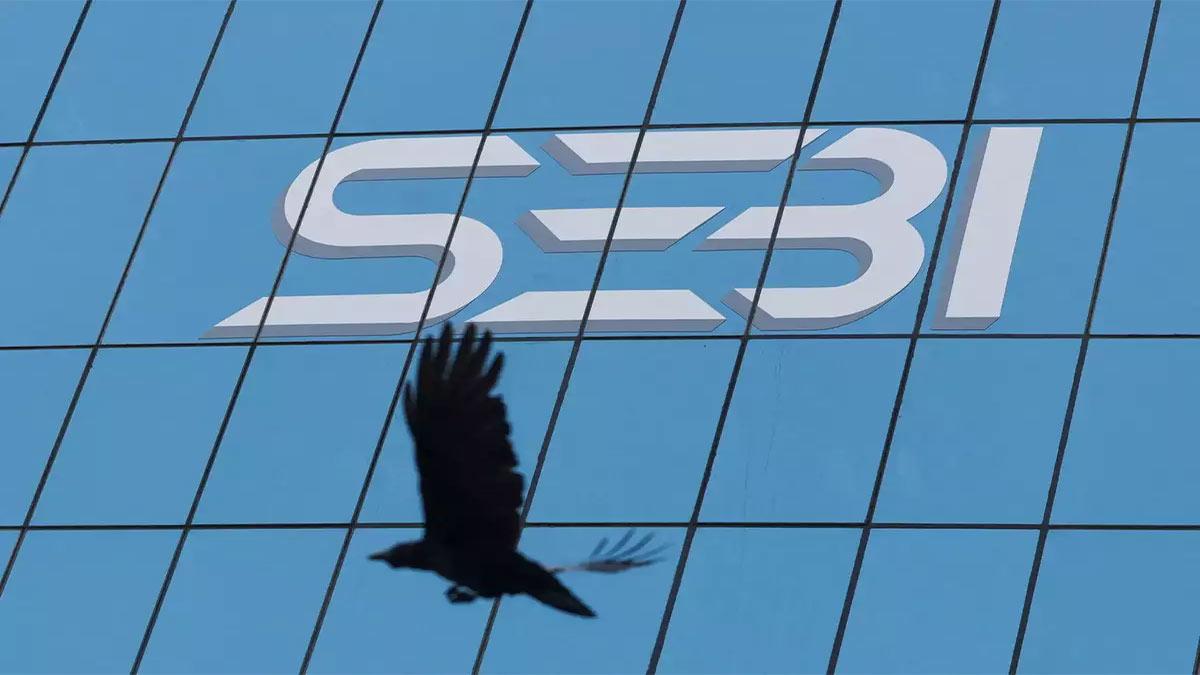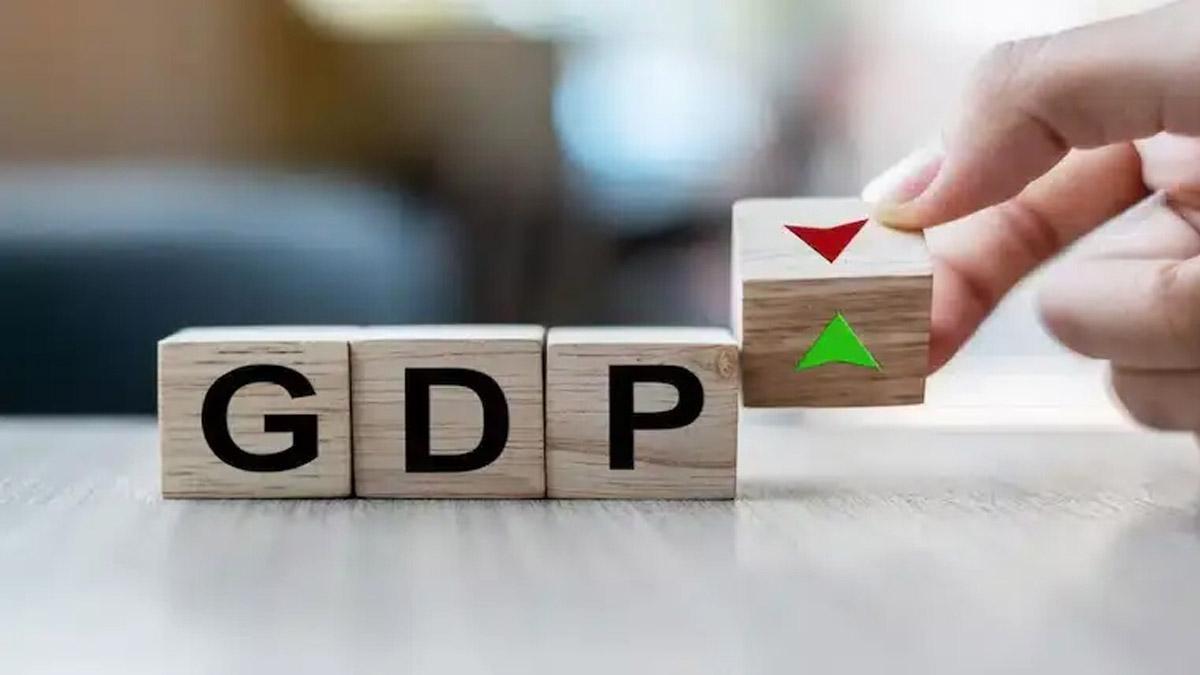On Monday morning, Reliance Industries Ltd (RIL), India's most valuable company, shares fell close to 3%, hitting a new 52-week low of ₹1,163.70. The decline indicates continued worries about continued foreign institutional investor (FII) outflows and weakness in the overall market.
Key Highlights
Stock Price Movement:
- New 52-Week Low: ₹1,163.70
- Intraday Decline: 3%
- Six-Month Loss: 23%
- Down from Record High: 28% off its high of ₹1,608.95
- Continued FII selling in Indian equities
- Global economic uncertainties
- Rising fears of monetary policy tightening
- Geopolitical tensions
- A stronger US dollar putting pressure on emerging markets
- Reliance Industries' impact
Reliance, a diversified conglomerate with interests in oil-to-telecom, retail, and digital services, has recently come under significant selling pressure.
Market Sentiment:
The underperformance of the stock is attributed to:
- Heavy FII outflows
- Volatility on account of fears of global slowdown
- Fears of future corporate earnings
- Reliance's market capitalization has also been adversely impacted, reflecting the bearish sentiment among Indian blue-chip stocks.
Regulatory Developments: Reliance New Energy Battery Limited (RNEBL)
In a major development, Reliance New Energy Battery Limited (RNEBL), RIL's subsidiary, recently entered into a Programme Agreement for the Production Linked Incentive (PLI) Scheme for Advanced Chemistry Cell (ACC) Battery Storage. This agreement grants RNEBL a 10 GWh ACC capacity, entitling it to incentives under India's ₹18,100 crore PLI ACC program.
What Lies Ahead for RIL?
Investors are now keenly watching the following:
- Global economic trends
- Domestic policy announcements
- Future corporate earnings announcements
- FII activity trends
Any sustainable recovery in RIL's share price depends on:
- Stabilization of foreign investment inflows
- Improvement in macroeconomic trends
- Effective implementation of RNEBL's projects under the PLI scheme
While Reliance Industries continues to be a pillar of the Indian corporate community, the prevailing mix of worldwide market setbacks, regulatory updates, and soft investor sentiment makes the stock tough to navigate in today's environment. Investors must remain abreast of economic forces and company developments as they gauge long-term potential for India's top conglomerate.
Read also| "I Am the Byju of BYJU'S": CEO Raveendran Demands Probe into EY-Glas Trust ‘Collusion’
Read also| Pakistan’s Tax Shortfall Expands to Rs 606 Billion This Fiscal Year: Report


















